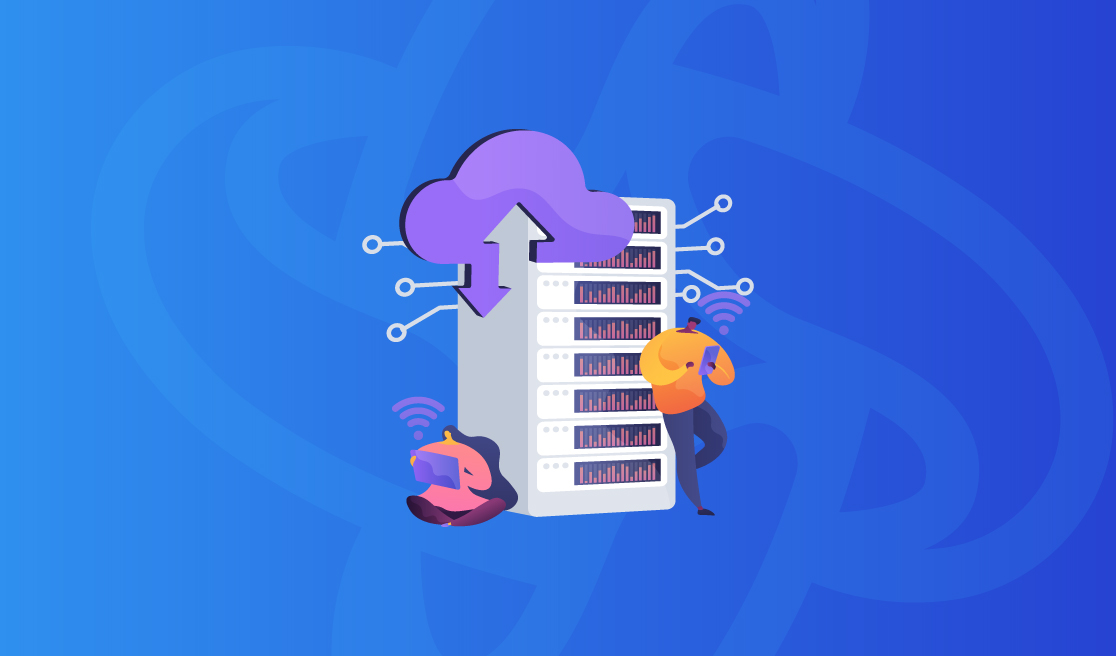Proxy: What it is in simple terms
Proxy Server: What It Is and How It Works in Simple Terms
A proxy server is an intermediary between the user and external resources like websites, services, and applications. It acts as a bridge for internet traffic, enhancing data privacy and security. One of the main functions of a proxy is to hide the user’s real IP address, replacing it with the server's IP, which allows users to bypass restrictions set by governments or service providers. For instance, if a website is blocked in your country, using a proxy helps bypass that restriction.
Additionally, proxy servers are used for traffic control, such as in corporate networks, where companies may restrict employee access to certain websites. Proxies can also speed up internet use by caching data, where frequently visited websites load faster by delivering saved copies, reducing network load.
Thus, a proxy isn’t just a tool for bypassing blocks but also a crucial instrument for boosting security, optimizing web use, and controlling access to resources. Depending on the proxy type and settings, its functions vary, making it a versatile solution for both private users and businesses. Below, we’ll explore how proxies work, their types, features, and how to set one up on your device.
What is a Proxy and Its Main Functions
A proxy server is an intermediary that forwards user requests to external resources, such as websites or services. Its primary purpose is to protect user data while also providing access to restricted resources. A proxy server performs several key functions, including filtering internet traffic, caching data, and encrypting traffic, making it an essential tool for personal and corporate use.
Here are the main functions of a proxy server:
- Hides the user’s IP address: A proxy server replaces the real IP with its own, allowing anonymity while accessing sites and services, important for users who want to protect personal data.
- Speeds up browsing: By caching frequently requested data, proxies allow faster page loading and reduce network load, optimizing internet traffic and decreasing response times.
- Filters content: Proxies can block access to certain websites, useful in corporate or educational networks where specific resources need to be restricted.
- Encrypts traffic: Some proxies encrypt data between the user and server, providing extra protection for sensitive information.
- Bypasses restrictions: Proxies allow access to blocked websites and resources by bypassing regional restrictions.
Proxies come in various types, designed to enhance security, optimize speed, or bypass geographical restrictions. Simply put, a proxy server is a mediator that controls traffic between the user and external websites, offering added protection and anonymity. Proxy servers can filter unwanted content, encrypt transmitted data, and cache resources for faster access, making them a versatile tool in modern networks.
How a Proxy Server Works
The basic principle of a proxy server is simple yet highly effective. When a user makes a request to access a website, that request first goes to the proxy server. The proxy forwards it to the external server, processes the request, and returns the data to the user. This entire exchange happens through the proxy, which hides the user's IP and other personal details, as only the proxy’s IP address is visible to the website.
A proxy can also store cached versions of websites, speeding up access to frequently visited sites and reducing the load on the internet connection. Proxies may block access to unwanted websites or allow access to region-specific resources. Depending on its settings, a proxy can also encrypt traffic, enhancing data confidentiality.
Proxies use various protocols, such as HTTP or SOCKS, impacting performance and security. HTTP proxies are used for accessing websites, while SOCKS proxies, being more versatile, support a wide range of traffic types, including P2P connections.
Why You Need a Proxy Server
A proxy server offers many benefits, such as data protection, faster access to resources, and increased anonymity. Primarily, it helps users hide their IP addresses, bypass website restrictions, and maintain confidentiality. Proxies also enable access to content blocked in certain countries or regions, which is useful for users looking to overcome geographical limitations.
For companies, proxy servers are vital for managing traffic and maintaining security. They help restrict access to non-work-related websites, control outgoing and incoming traffic, and prevent data leaks. This is especially important in corporate settings where monitoring employee internet use is necessary.
Proxies also optimize internet speed by caching frequently accessed websites, reducing the load on the network and cutting down on traffic volume. They can be paired with VPNs to enhance anonymity and bypass geo-restrictions, ensuring secure connections to blocked websites and services.
Additionally, proxy servers can encrypt traffic, providing an extra layer of protection. They help safeguard information from hackers and other threats, especially when handling sensitive corporate data.
Types of Proxy Servers and Their Features
There are several types of proxy servers, each with its own characteristics and specific use cases:
- HTTP Proxy: The most common type, used for handling HTTP traffic. Ideal for browsing, caching content, and improving resource access speed.
- SOCKS Proxy: A more flexible option that supports all kinds of internet traffic, including TCP and UDP. SOCKS proxies allow connections to various online resources, such as games, file-sharing services, and P2P networks.
- Transparent Proxy: These proxies do not hide the user’s IP address and are often used for data caching. They can also filter and block content, commonly used in corporate or educational networks.
- Anonymous Proxy: These proxies hide the user’s real IP address, useful for maintaining privacy and bypassing regional blocks. Only the proxy’s IP address is visible to the website.
- Distorting Proxy: These servers provide websites with false information about the user’s IP address, masking their real location. This is useful for bypassing restrictions that require hiding a user’s actual geographic location.
- Reverse Proxy: Used by companies to protect their servers from direct access and balance the load between servers. They filter requests and ensure security for internal networks by protecting corporate resources from external threats.
The type of proxy server chosen depends on the task at hand, whether it’s speeding up website access, ensuring anonymity, or protecting data. For home users, anonymous or SOCKS proxies are ideal for bypassing blocks and enhancing privacy, while large companies use reverse proxies to safeguard their servers and optimize traffic.
How to Use a Proxy Server
Setting up and using a proxy server is straightforward and doesn’t require technical expertise. To connect to and use a proxy on your device, follow these steps:
- Choose a proxy type based on your goals (anonymous, SOCKS, HTTP). If you just want to hide your IP and access blocked sites, an anonymous proxy is a good choice.
- Open your device or browser’s network settings and locate the section to enter a proxy server. You’ll usually need to provide the proxy’s IP address and port.
- If using a paid or private proxy, you may need to enter additional information like a username and password.
- Test the proxy by visiting any website. If the proxy is set up correctly, the website will see the proxy’s IP address, confirming successful connection.
Using a proxy is convenient and secure when you need to access blocked resources, protect your data, or speed up internet use through caching. However, keep in mind that free proxies may have limitations in speed and security, while private proxies offer more options for data protection and restriction bypassing.
A proxy server is a valuable tool that hides your IP address, enhances privacy, and allows access to blocked resources. The choice of proxy depends on your goals, whether for speed, anonymity, or data encryption. Setting up a proxy is quick and its use significantly boosts internet security. Consider the proxy type and its features to select the best option for your needs.




